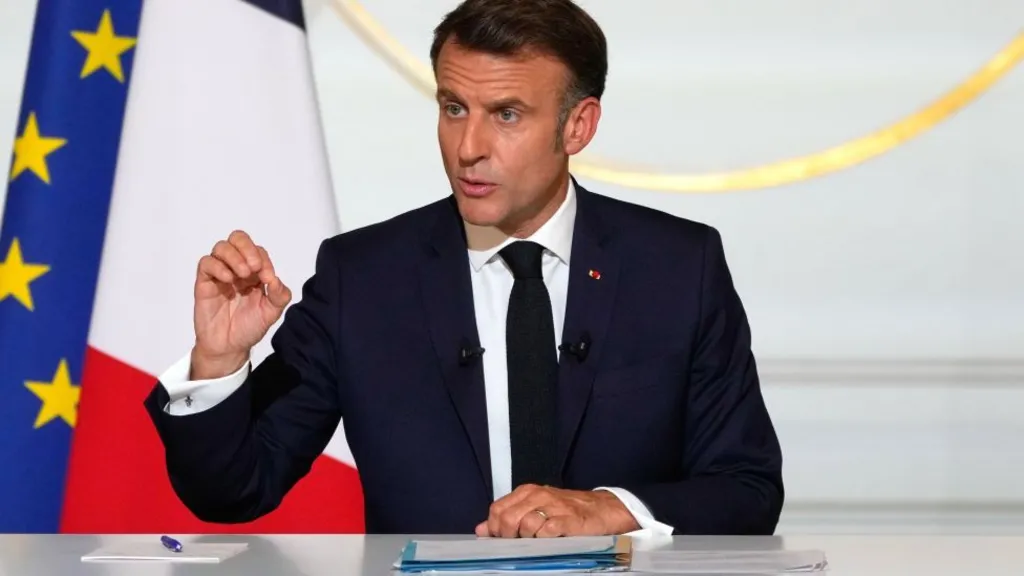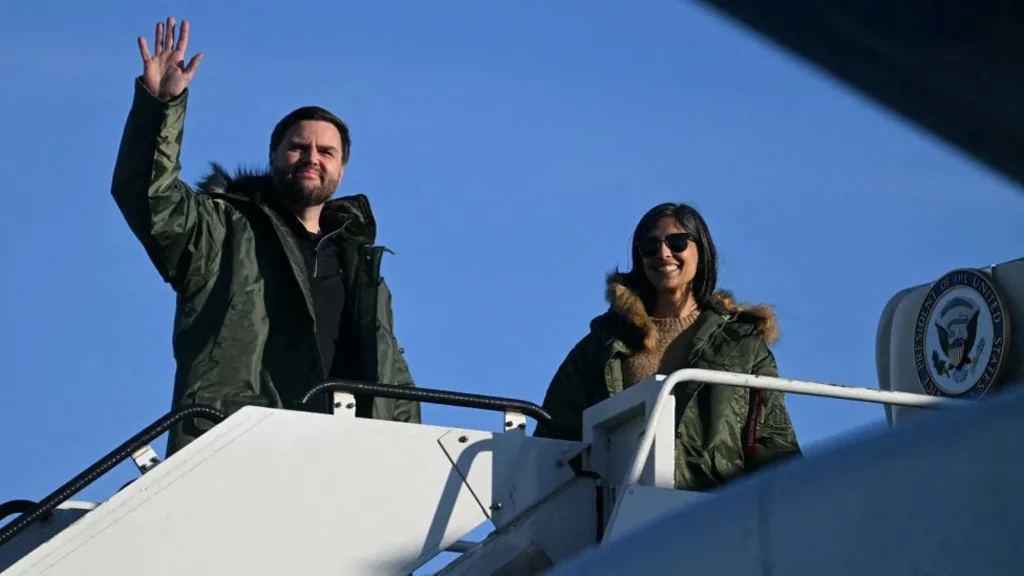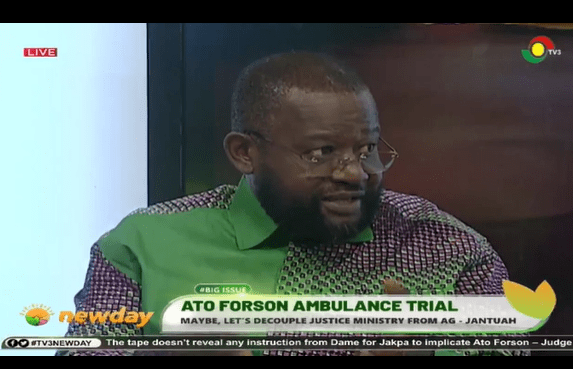Macron visits Greenland in show of European unity and signal to Trump

In a sign of Greenland’s growing importance, French President Emmanuel Macron is visiting the Arctic island today, in what experts say is a show of European unity and a signal to Donald Trump.
Stepping foot in the capital Nuuk this morning, Macron will be met with chilly and blustery weather, but despite the cold conditions, he’ll be greeted warmly.
“This is big, I must say, because we never had visits from a president at all, and it’s very welcomed,” says veteran Greenlandic official, Kaj Kleist.
Nuuk is a small city of less than 20,000 people, and the arrival of a world leader and his entourage, is a major event.
“I think that people will be curious, just hearing about it,” says consultant and podcast host Arnakkuluk Jo Kleist. “I think they’ll be interested in, what his message is going to be.”
“He’s the president of France, but he’s also an important representative of Europe. It’s a message from the European countries that they’re showing support, that Greenland is not for sale, and for the Kingdom of Denmark,” says Arnakkuluk Jo Kleist.
“These last months have created some questions about what allies we need, and also about what allies do we need to strengthen cooperation with,” she says.
France’s president is the first high-profile leader to be invited by Greenland’s new prime minister, Jens-Frederik Nielsen. Talks will focus on North Atlantic and Arctic security as well as climate change, economic development and critical minerals, before Macron continues to the G7 summit in Canada.
Danish Prime Minister Mette Frederiksen is also attending, and called the French president’s visit “another concrete testimony of European unity” amid a “difficult foreign policy situation in recent months”.
For several months Greenland, which is a semi-autonomous Danish territory with 56,000 people, has come under intense pressure as US President Donald Trump has repeatedly said he wants to acquire the vast mineral-rich island, citing American security as the primary reason and not ruling out using force.
“Macron is not coming to Greenland just for Greenland’s sake, it’s also part of a bigger game, among these big powers in the world,” says Kleist.
France was among the first nations to speak up against Mr Trump, even floating an offer of deploying troops, which Denmark declined. Only a few days ago at the UN’s Oceans conference in Nice, Macron stressed that “the ocean is not for sale, Greenland is not for sale, the Arctic and no other seas are for sale” – words which were swiftly welcomed by Nielsen.
“France has supported us since the first statements about taking our country came out,” he wrote in a Facebook post. “It is both necessary and gratifying.”
That Macron is coming is a strong message itself, reckons Ulrik Pram Gad, a senior researcher at the Danish Institute for International Studies.
“The vice presidential couple weren’t really able to pull it off,” he says, referring to JD Vance and his wife Usha’s scaled-back trip in March and lack of public engagements. “That, of course, sends a message to the American public, and to Trump.”

It also highlights a shift, as Greenland’s leaders consolidate relations with Denmark and the EU, “because we have to have allies in these problems,” says Kaj Kleist, alluding to US pressure.
“I think it’s a good time for Macron to come through here,” Kleist adds. “They can talk about defence of the Arctic before the big NATO meetings… And hear what we are looking for, in terms of cooperation and investment.”




